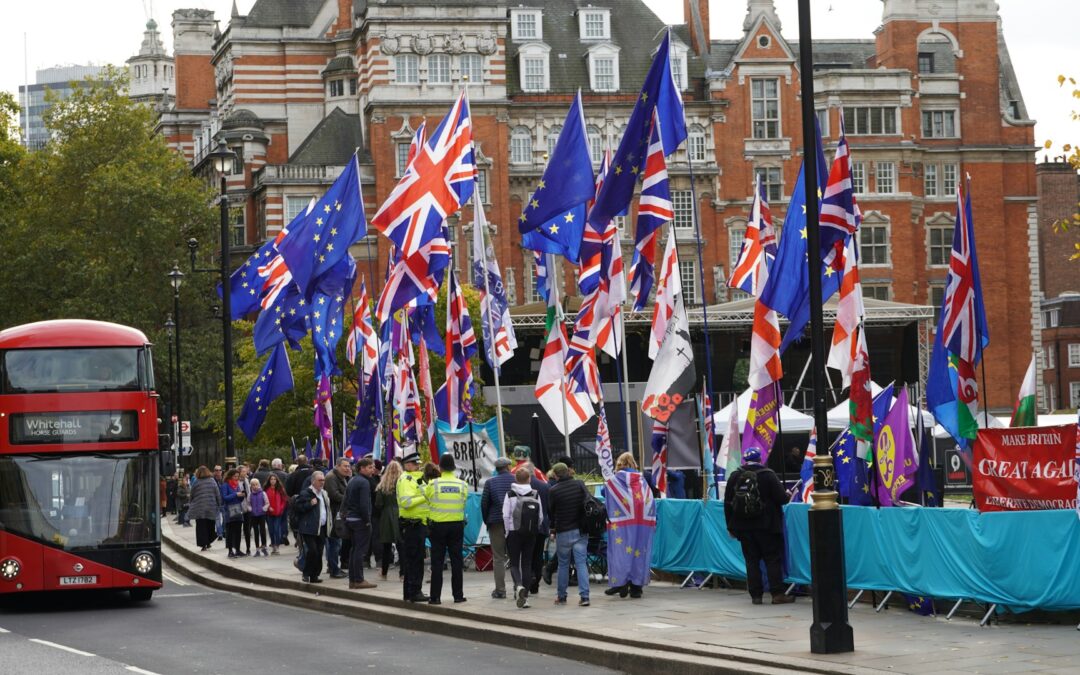The UK referendum was a political process. The process to leave the EU is, however, framed in EU law, through the notification and negotiation procedures set out in Article 50 of the EU Treaty.
The Treaty makes clear that until an agreement is reached, EU law and rights continue to apply – and this is likely to be for at least two years from the date of the Article 50 notification.
This is clearly not to the liking of some in the Brexit camp who will want to see quicker proof that the UK vote is translated into actual change. For some this could justify the need for unilateral UK action. This could become costly for the UK as those affected by such unilateral decisions could claim that their EU rights have been denied. So irrespective of what the Treaty says, it will be UK and EU politics that determine the timing and content of the departure.
Already, on the day after the result was announced, the UK’s proposed orderly exit from the EU – with an Article 50 notice only to be submitted by the UK to the EU Council sometime after October 2016 – is under pressure from both within the UK and from the EU. In commercial terms those operating in the EU need to focus principally only on two core issues:
- During the negotiations to leave – will the UK make unilateral changes which could deprive operators of EU rights in advance of the conclusion of the Article 50 process?
- After the UK actually leaves the EU – will it look to simply copy out and across current and future EU legislation or will it want to use the new powers to make changes and if so in which areas and policies?
In the coming weeks we will be posting comments and analysis on how Brexit may play out in commercial terms in the areas in which we are particularly active including: Customs and VAT; export control and sanctions; public procurement and competition policy. In the meantime, if you have questions or concerns, do not hesitate to contact us.
